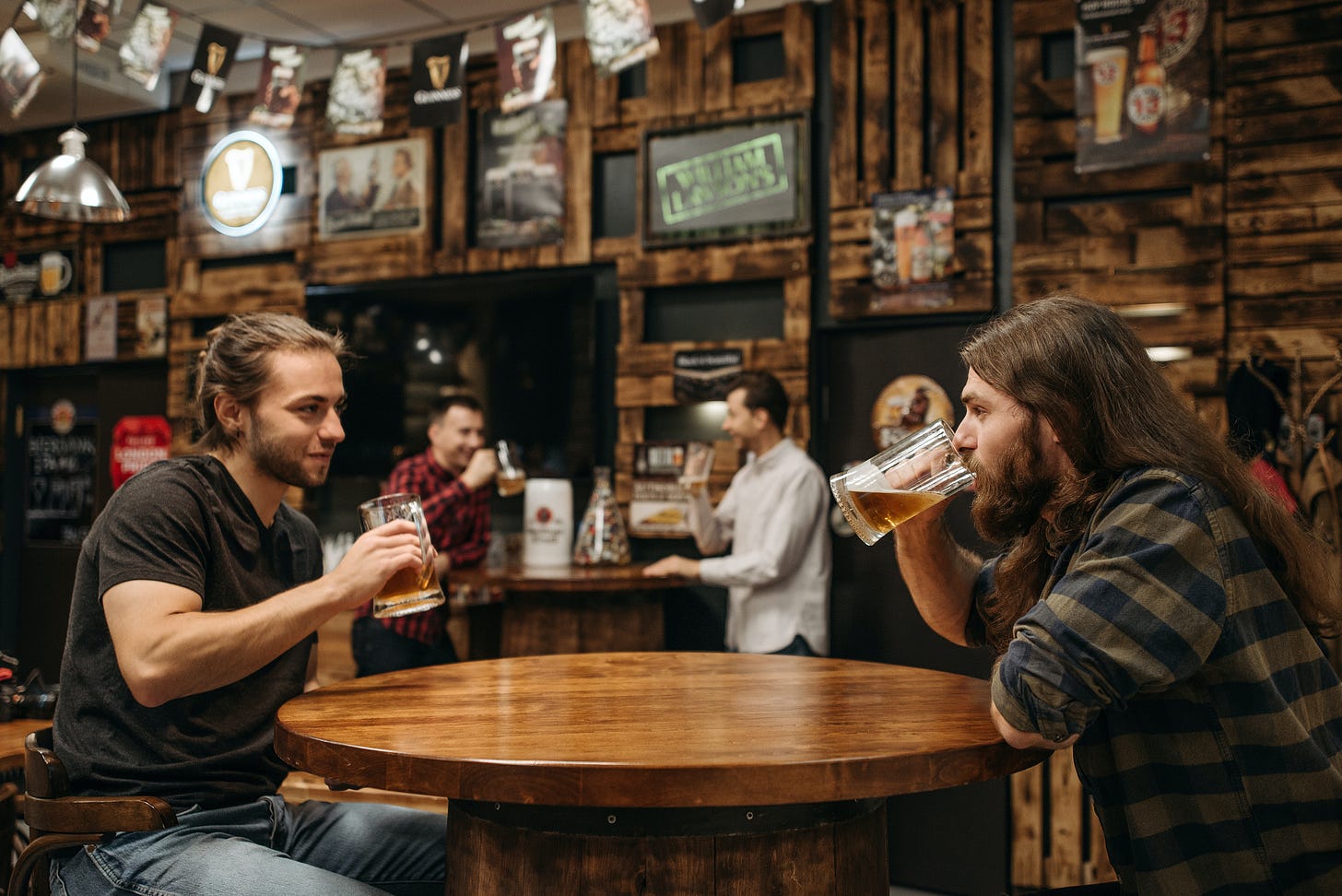A Masonic Guide to Life After the Gavel
Unpacking the Masonic Principles for Behaviour After the Lodge is Closed
2. Behaviour after the Lodge is over and the Brethren not gone
YOU may enjoy yourselves with innocent mirth, treating one another according to ability, but avoiding all excess, or forcing any Brother to eat or drink beyond his inclination, or hindering him from going when his occasions call him, or doing or saying anything offensive, or that may forbid an easy and free conversation; for that would blast our harmony, and defeat our laudable purposes. Therefore no private piques or quarrels must be brought within the door of the Lodge, far less any quarrels about religion, or nations, or state policy, we being only as Masons, of the universal religion abovementioned; we are also of all nations, tongues, kindreds and languages, and are resolved against all.
Our Masonic principles and behaviour doesn't change when the final gavel strikes; it extends into our after-hours interactions. This verse serves as a compass, guiding us through the maze of social conduct, both within the Masonic circle and beyond.
Disregarding this guidance is like throwing a wrench into the gears of a well-oiled machine. It disrupts the harmony we strive for, both in the Lodge and in our broader lives. It can lead to misunderstandings, fractured relationships, and even tarnish the reputation of Freemasonry itself.
The term "innocent mirth" is pivotal. "Mirth" originates from the Old English word "myrgth," meaning joy or pleasure. Coupled with "innocent," it underscores that our joy should be pure, aligned with Masonic, Divine and Everyday laws. This isn't just about avoiding legal repercussions; it's about maintaining a higher moral standard.
The phrase "hindering him from going when his occasions call him" is a call for respect and understanding. It's about not imposing our will on others, a principle that extends far beyond the Lodge's walls.
The verse also touches on the divisive topics of religion and politics, emphasising that these should not disrupt our unity. The "universal religion abovementioned" refers back to the first charge, clarifying that Masonry isn't a religion but a fraternity that accepts all faiths that acknowledge a Creator.
This verse is a blueprint for social interaction. It teaches us to be mindful of our actions and words, to respect individual limits, and to avoid topics that sow discord. In a world increasingly divided by politics and religion, this Masonic principle serves as a reminder that unity and respect are not just possible but essential for a harmonious life.
So, Brethren, let's take these teachings to heart. Let them guide us in our post-Lodge interactions and in our daily lives, ensuring that we uphold the Masonic virtues of brotherly love, relief, and truth, no matter the setting.




